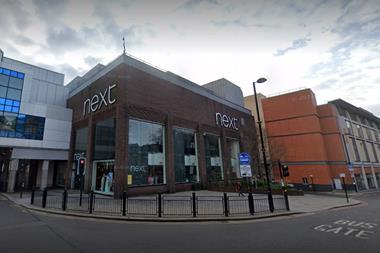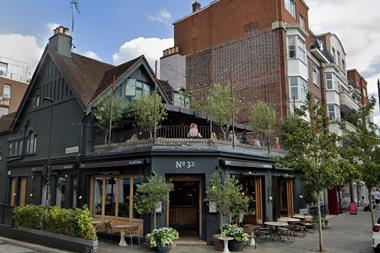Hotels are often managed on behalf of their owners by third-party operators under hotel management agreements (HMAs). HMAs are, unsurprisingly, agreements for services.

The operator acts as an agent for the hotel owner and runs the hotel on the owner’s behalf. In almost every other service industry, the day-to-day relationship of service provider and client is governed by a detailed service level agreement (SLA).
Strangely, SLAs are often absent from the relationship between hotel owners and hotel operators. This is anomalous and it is time for a change.
Their absence is particularly uncharacteristic for property owners who, in other aspects of their dealings, often have quite comprehensive SLAs for other services. For example, property owners insist on SLAs from their facilities managers, setting out key performance indicators for the operation and maintenance of land and buildings.
Operators, particularly if they are branded operators or have a brand-franchised hotel, have brand standards they are required to meet. Brand standards are, however, a very limited set of criteria about the appearance and operation of a hotel and the state of fixtures, furniture and equipment to give a consistent brand ‘look’ and are set and generally enforced by the brand rather than the owner.
Brand standards do not give owners very much - if anything - in the way of control over financial and operational performance. Such operational controls as do exist in HMAs are usually little more than limited budget negotiation rights, incentive fees and termination rights tied to financial underperformance.
So how should it look? Hotel owners have to say what services they want and at what level they regard that service to be performed acceptably. An SLA should cover the owner’s expectations of the quality, performance and value of the services to be provided in a clear and measurable manner, comprising qualitative measurements (how acceptable standards of service and the owner’s requirements are evaluated), quantitative measurements (how the outputs of the service provision are measured) and key performance indicators of both qualitative and quantitative metrics.
In recent times, the gulf between expectation and reality for hotel owners and operators (particularly branded operators) has caused some to criticise the brands and often unfairly to suggest they are profiteering at the owners’ expense. A service level agreement provides an important way to bridge that communication gap. It also helps to foster a more collaborative relationship with realistic expectations on both sides.
Edward John is a senior associate at Hogan Lovells






























No comments yet